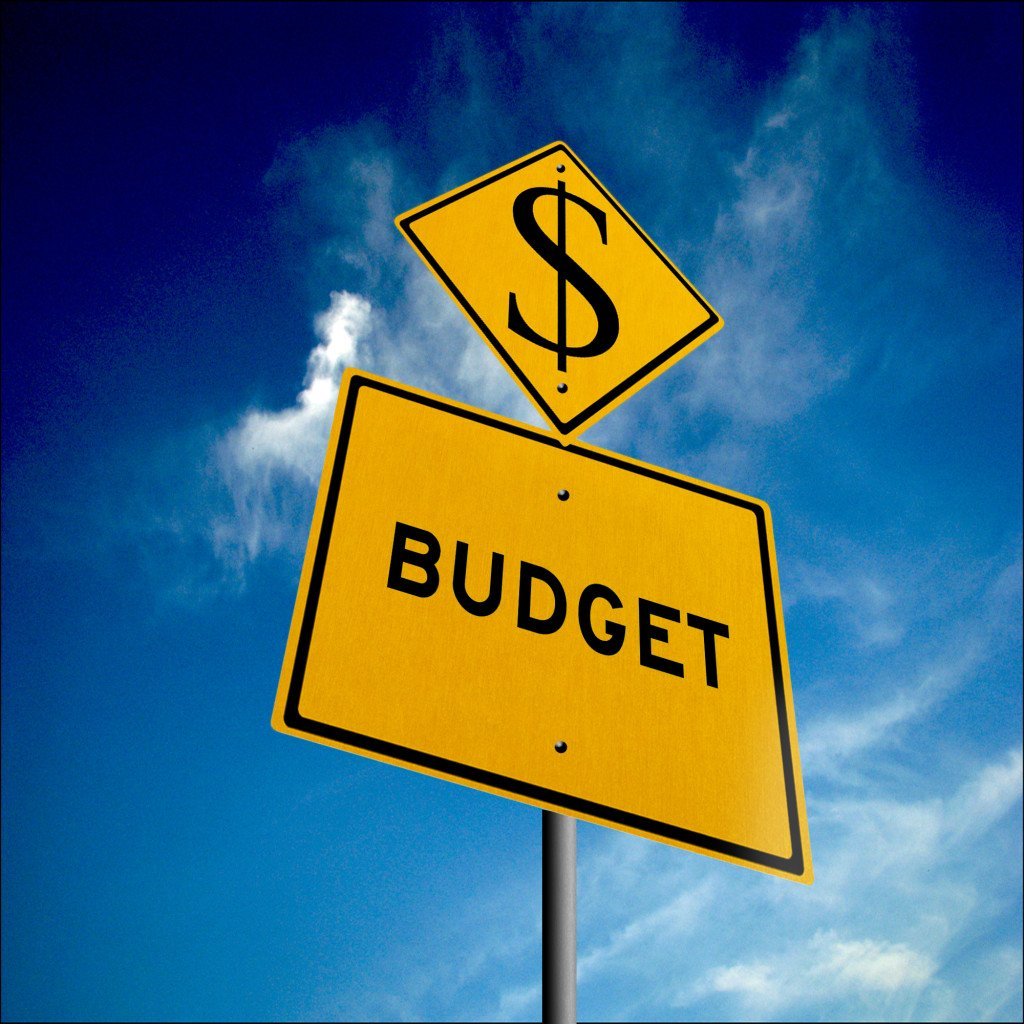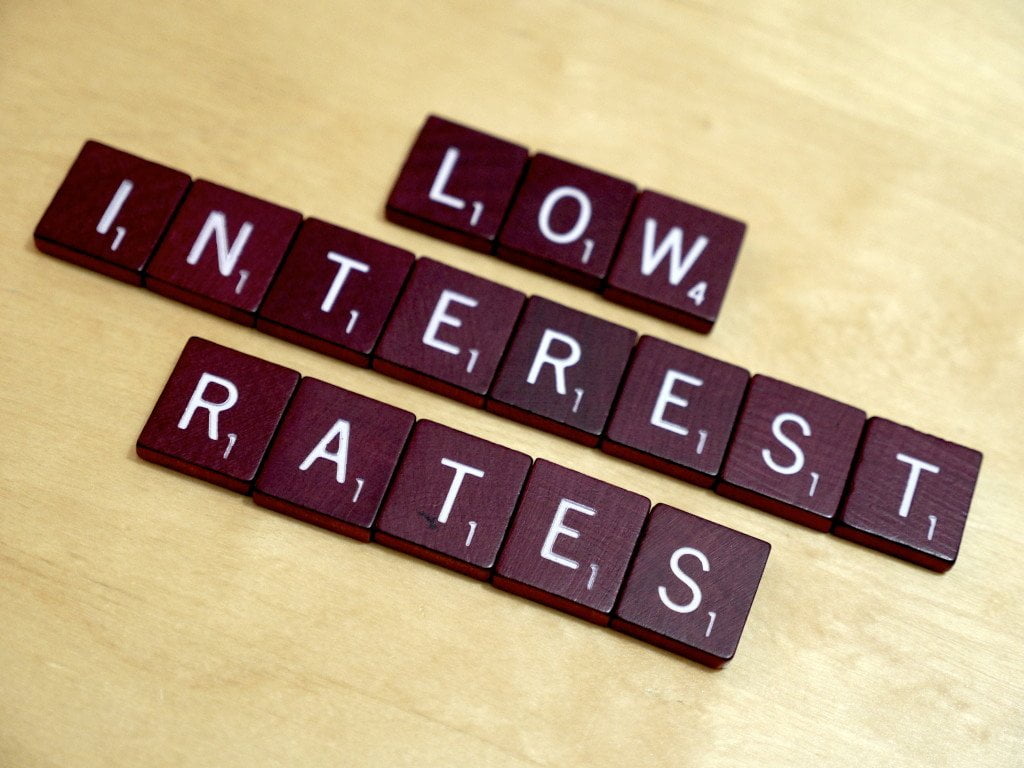Do you like to save money? Dumb question, right – you work hard for your money, so you want to keep as much of it as possible. Of course there are plenty of ways to help you, but you waste your precious time doing it. These Top 20 Money Hacks will help you save the big bucks in the long run. Let’s Get Saving! If you’re a coffee lover, you probably spend a good chunk of change at Starbucks. But fear not, there are moneysaving tips at Starbucks that can help you enjoy your favorite drinks without breaking the bank. From ordering a smaller size to signing up for their rewards program, there are simple ways to save money while still indulging in your caffeine fix. So don’t let your love for coffee drain your wallet – use these hacks to save some cash!
Put Your Savings On Auto-Pilot
Everyone has the ability to automate anything and everything; and you should! It takes the stress off your mind and also frees up time. Saving is easy when you can automate with online banking. Set up an automatic transfer from your checking to savings each month – putting a little away at a time.
Make A Meal Plan:
Planning your meals will save you a ton. It eliminates buying extra food that you do not need. It also helps for the future planning for your affordable meals, instead of buying whatever looks good in the store.
Plan Meals Around Sales:
You don’t have to spend hours on end searching through sale ads to find the best deals on everything – keep your options open. For example, one of your meals could be a stir-fry, so you would need meat, veggies and a grain. When you get to the store, buy the best priced meat and veggies. Then go ahead and look for a grain, like rice and buy whatever is the most cost effective, weighing the price as well as the health benefits.
Drink More Water:
You’ll save a lot more if you stop buying the 12 packs of soda and bottles of juice. Bottled water is cheap – tap water is even cheaper. There are many great options out there for filtering if you don’t like the tap water taste. When you’re eating out at a restaurant, a family of four can easily save $12-15 per meal just by drinking water instead of soda.
Set An Automatic Budget:
There are a huge amount of free services out there like Mint and Personal Capital that allow you to link your accounts and automatically track your budget. If you are not one of the tech savvy people who can get through spreadsheets like a pro, this is for you. You are able to view and oversee the budget, but once you set your categories everything is automatically sorted for you. If something would happen to go into the wrong category, it is easy to go back in and switch it.

Set A Plan To Play Off Debt:
If you want to get out of the hole you’re currently in, you need a plan. There are quite a few options, but the two most common are the debt snowball and the debt avalanche. For debt snowball you simply write down all your debts from the smallest balance to the largest, then you use any extra money to pay off the smallest balance first. Once that’s paid off, take that payment plus any extra money, and put it on the next smallest until you’re debt free.
With the debt avalanche it’s the same idea, except you start out with the highest interest rate down to the lowest instead of by balance. The debt avalanche will save you money in interest, but you may prefer the small wins that the debt snowball provides in the beginning.
Get A Second Job:
If you’re trying to reach a goal that seems to be taking longer that you’d like, you may want to consider a second job. It won’t be forever, don’t worry. It will be just a temporary thing to help you get past whatever situation you’re in at the moment. A service jobs, such as waiting tables, are great jobs for maximizing your time at that second job. Don’t worry – if a second job doesn’t work for you, there are many other simple ways below to make more money without working more.
Challenge Everything:
Challenge every expense you have. Do you really need cable? What about those magazine subscriptions that collect dust on the coffee table? Both of them cost money on their own and the ads could possibly persuade you to spend even more money. Chances are you can cut something out. Here’s how to challenge it:
- Write down every expense you have
- Look for expenses you can fully cut out
- Find ways to save money on the remaining expenses
Compare Insurance Rates:
When was the last time you checked insurance rates? This is something you should be doing at least annually. The cheapest isn’t always the best, but usually you’ll find you can get the same coverage for less money if you just shop around.
Use Coupons Wisely:
There are usually two crowds of people when it comes to coupons. The first group says coupons are pointless and a waste of paper. The second group says coupons are great because they save money. However, yes, there is a third crowd: the savvy couponers. It may not be the best to spend hours upon hours cutting coupons, but you should be on the lookout for coupons that save you a lot of money. Finding out what the coupon policies are at your local grocery stores will really help you out in the long run as well.

Review Card Statements:
Whether it’s a debit or credit card, you should take out some time each month to look over your expenses. It’s not uncommon for random bogus charges to appear on your account, so it’s easier to catch them early and if you check often.
Start An Emergency Fund:
These are funds you should set in place to avoid using a credit card in an emergency. When a crisis hits you don’t want to turn to a credit card and pile on the debt. Debt can turn a crisis in a catastrophe. If you set aside a little amount each month, it will add up quickly.
Use The 30-Day Rule:
When you’re thinking about making a pretty big purchase, use this rule. If you still want it just as much after 30 days, consider making the purchase. Often you’ll find that you no longer care about whatever it is you wanted.
Take It Down A Couple:
Set your thermostat one degree cooler or warmer depending on the season you’re in. You will barely notice the difference and a month later you can do it again since you’ll be fully adjusted to the new temperature. Constantly switching or changing the temperature wears out your thermostat, as well as your wallet.

Don’t Replace, Repaint:
If you’re planning to replace an item in your house, such as an appliance, cabinets or bathroom amenities; consider painting before replacing. If you’re only replacing it because you no longer like the look, painting may be your best bet. Anything from appliances and cabinets to sinks and bathtubs can be painted – you just need the right paint.
Know Your Options:
Home Depot and Lowes aren’t the only places to buy home items, just like Best Buy isn’t the only place to buy electronics. Know your local and online options. We almost all know to look online before deciding on a purchase, but you may also be surprised at your local options. Overstock, wholesale and liquidation stores are a few of the places you should check out.
Keep Up With Maintenance:
Keeping your vehicle and house up to date can and will save you thousands in the long run. Regular oil changes, replacing air filters and checking the tire pressure will all lead to savings in the future. Likewise, changing your home filters. being aware of issues and quickly making repairs will save you some serious cash.
Reduce Your Interest Rate:
If you have credit card debt, you know interest can be a killer. Call your credit card company and ask for a lower rate. Many companies will lower it just because you asked, they are just happy you asked instead of filing for bankruptcy.

Give Up The Expensive Habits:
If you’re trying to save money, you’re bad habits could be work against you. For example, the cost of alcohol and cigarettes can be insane. If you don’t want to completely cut them out, try cutting them back. Smoking one less pack of cigarettes each week can save you as much as $40/month depending on what state you live in.
Get Paid To Spend:
Maximize your credit card rewards by using the right card for your purchase. Some cards offer 5% cash back on gas, while others off 6% cash back on groceries. Credit cards are a great way to earn while you spend, which in return saves you money. It’s like putting a certain percentage of every purchase into a savings account.
Source: lifehack.org
Join our list
Subscribe to our mailing list and get interesting stuff and updates to your email inbox.




